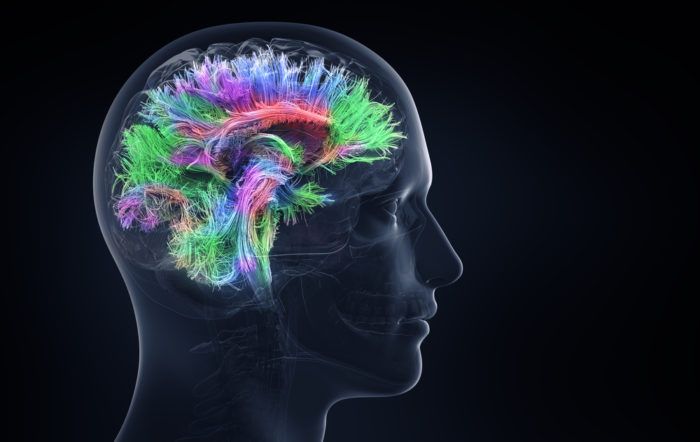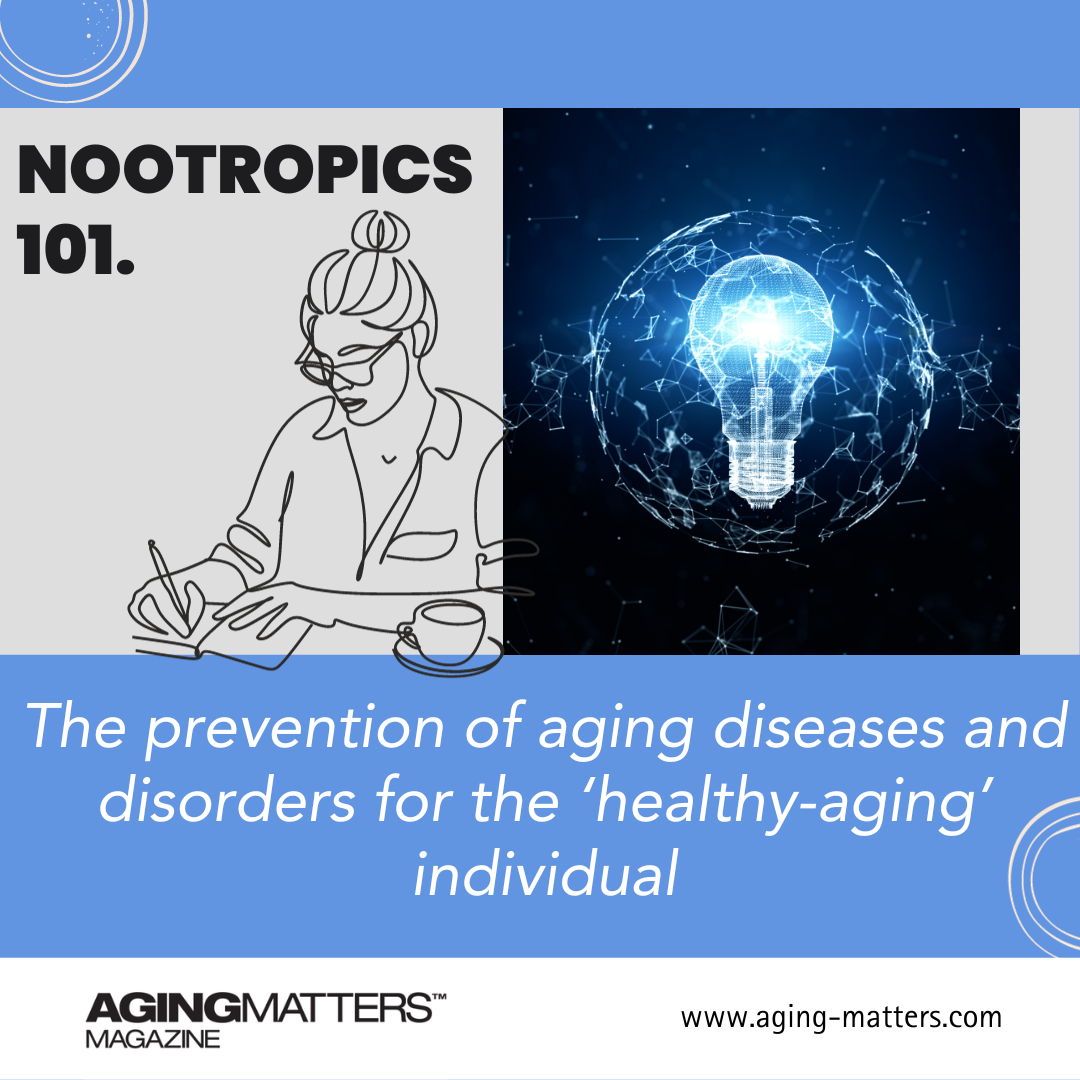
Aphasia and brain health
April 22nd, 2022Remember these Bruce Willis movie role oneliners from the iconic Die Hard movies, “Do I sound like I’m ordering pizza? Welcome to the party pal” and most memorably “Yippee-ki-yay mother f***er!”?
The successful Hollywood action star has at least 125 movies under his belt. Blockbusters such as The Sixth Sense, Pulp Fiction and Red. But, sadly, they’ll be no more memorable one-liners as Bruce Willis recently retired from movie-making due to developing the condition ‘Aphasia’ which affects the way a person speaks, writes and behaves. At the young age of 67, Bruce can proudly step out of the limelight and receive the treatment he needs for the condition. On the shocking announcement, his very supportive family did not reveal what pattern of Aphasia he was facing, how severe of a case he had, or what was the root cause found for the condition. His fame bought Aphasia into the headlines, with symptoms similar to those of dementia we decided to find out how it differs and more about brain health.
Someone suffering from Aphasia has a problem with finding the right words in conversation much like some people with dementia. There are variances but the main difference between the two is a person with Aphasia normally knows what they want to say and that thought stays with them, they just struggle to communicate it.
Darlene Williamson, President of the National Aphasia Association explains,
“Imagine being dropped in a country where you do not speak the language – cannot understand, read, write or speak it. It would impact all of your interactions – this is what it is like to have aphasia.”
One-third of people will develop some form of Aphasia in their lifetime. Aphasia normally happens suddenly after a head injury or stroke but it can also develop over time from a slow-growing brain tumour or a progressive degenerative disease. The severity depends on the cause and extent of damage to the brain.
There are 3 different patterns of Aphasia:
- Expressive – also known as Broca’s or nonfluent Aphasia. This is when a person can understand what people say better than they can speak. They struggle to get words out and speak in short sentences with missing words, for example, “want drink” or “drive car today”. The person may also have right-sided paralysis or weakness.
- Comprehensive – also known as fluent or Wernicke’s Aphasia. This is when a person can normally speak easily and fluently in long complex sentences that don’t make sense or include unrecognizable incorrect words. Usually, the person doesn’t understand spoken language and often doesn’t realise that others can’t understand them.
- Global – this pattern displays poor comprehension and difficulty in forming words and sentences. It comes from extensive damage to the brain’s language networks which causes a person to develop severe disabilities in expression and comprehension.
Temporary episodes of Aphasia can occur, it can be due to migraines, seizures or a transient ischemic attack.
As with any health condition, the symptoms can adversely affect a person’s job, day-to-day functions and relationships with 35% of sufferers living with depression. Speech and language therapy can help slow down the progression of the condition. SLTs (speech and language therapists) can provide treatment, support and care – helping people with communication, eating and drinking.
Brain health
Your brain is affected by age-related changes, in the early years of life, your brain creates more than a million neural connections every second. At around six years old the brain grows to about 90% of its size in adulthood but our brains start to shrink in our thirties and forties. Our cognitive health – how we think, learn and remember and our motor, emotional and tactile functions change as we age. As time goes by, outside factors can also affect your brain health in a negative way such as illness, brain injuries, stress, anxiety, depression, lack of activity or sleep. Medication, pollution, poor diet, smoking, alcohol, recreational drugs and isolation can take their toll. However, there are lifestyle changes that you can make to help counteract the negative influences we face with ageing, slow down the ageing process and reduce the risk of developing conditions such as Aphasia or dementia.
The NIH (National Institute of Aging) recommend the following lifestyle changes for good brain health:
- Take care of your physical and mental health
- Manage high blood pressure
- Eat healthy foods and stay hydrated
- Be physically active
- Keep your mind active
- Stay connected to people, be sociable
- Manage stress and anxiety
- Reduce risks to cognitive health
- Seek physical and mental assistance
- Incorporate a natural supplement into your diet, we recommend our product SpermidinePro. SpermidinePro is a potent polyamine known for inducing autophagy which is the body’s cellular regeneration and recycling process. Spermidine has been shown to support overall cognition, memory and cardiovascular health
- Do brain exercises
Brain exercises
There are targeted workouts for the brain specifically designed to enhance memory, cognition or creativity. It’s a matter of finding brain training exercises that you enjoy, here are 13 ways to help exercise your brain:
- Meditation.
- Visualization.
- Playing memory card games.
- Doing crossword puzzles.
- Completing a jigsaw puzzle.
- Playing Suduko.
- Playing Chess or draughts.
- Playing video games.
- Learn a new skill.
- Learn a language.
- Listen to music.
- Learn a musical instrument.
- Engage in hobbies such as painting, dancing or sports.
Most parts of the human body work less well as we age, our processing speed, memory, attention span, language and emotional processing slow down, it’s a natural progression. Understanding your ageing journey will help to relieve ageing anxiety so build up your knowledge and make complicated decisions whilst you still have all your marbles:). Ageing is just another word for living, age well like a fine wine – live life to the full because you never know when you will run out of oneliners.
Links
- Bruce Willis https://en.wikipedia.org/wiki/Bruce_Willis
- Aphasia https://en.wikipedia.org/wiki/Aphasia
- Dementia https://en.wikipedia.org/wiki/Dementia
- Darlene Williamson https://www.dailymail.co.uk/health/article-10669625/Aphasia-explained-One-million-Americans-suffer-devastating-condition.html
- NIH https://www.nia.nih.gov/health/cognitive-health-and-older-adults
- SpermidinePro https://www.antiaging-systems.com/products/spermidinepro-high-strength-3mg-spermidine-rich-wheat-germ-extract/
References:
- https://www.mayoclinic.org/diseases-conditions/aphasia/symptoms-causes/syc-20369518#:~:text=Aphasia%20is%20a%20condition%20that,stroke%20or%20a%20head%20injury.
- https://www.rcslt.org/wp-content/uploads/media/Project/RCSLT/rcslt-what-is-slt-factsheet.pdf
- https://www.nia.nih.gov/health/cognitive-health-and-older-adults
- https://www.medicalnewstoday.com/articles/brain-exercises#summary








